
Exciting new series on “Voice, Body and Movement for Lawyers – How to connect with the jury and find Justice Through Dramatic Technique!”
Click here to find out more
You’ve arranged to speak with a reporter. Do you know how to deliver insights that are memorable? Do you know the boundaries of what you can say to advocate for your client, without going beyond what is permitted when engaging in extrajudicial communications? Review the relevant Rules of Professional Conduct with an eye on keeping your remarks ethically sound. Learn how to respond to questions with quotable answers that get your points across.
Ethical Considerations:
• RPC 1.6 Rule of Confidentiality of Information
• RPC 3.6 Rule on Extrajudicial Statements
• RPC 3.6(a) Trial Publicity
• RPC 3.6(c) Trial Publicity: Limits Do Not Apply
• RPC 3.6(d) Trial Publicity
• RPC 3.8 (f) Prosecutors
• ABA Model Rule 8.4(c) Conduct involving Dishonesty, Fraud, Deceit or Misrepresentation
• ABA Model Rule 8.4(d) Conduct that is prejudicial to the administration of justice
• FRCP 11 Prohibits filing a pleading for any improper purpose
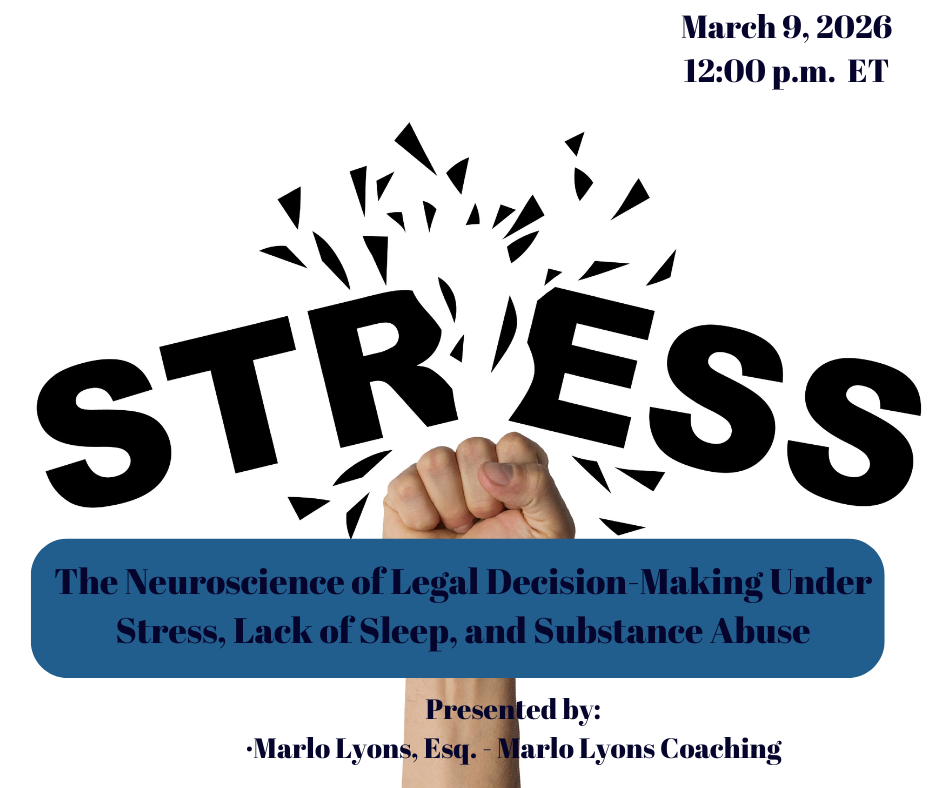
This dynamic and compelling presentation explores how chronic stress, sleep deprivation, and substan...
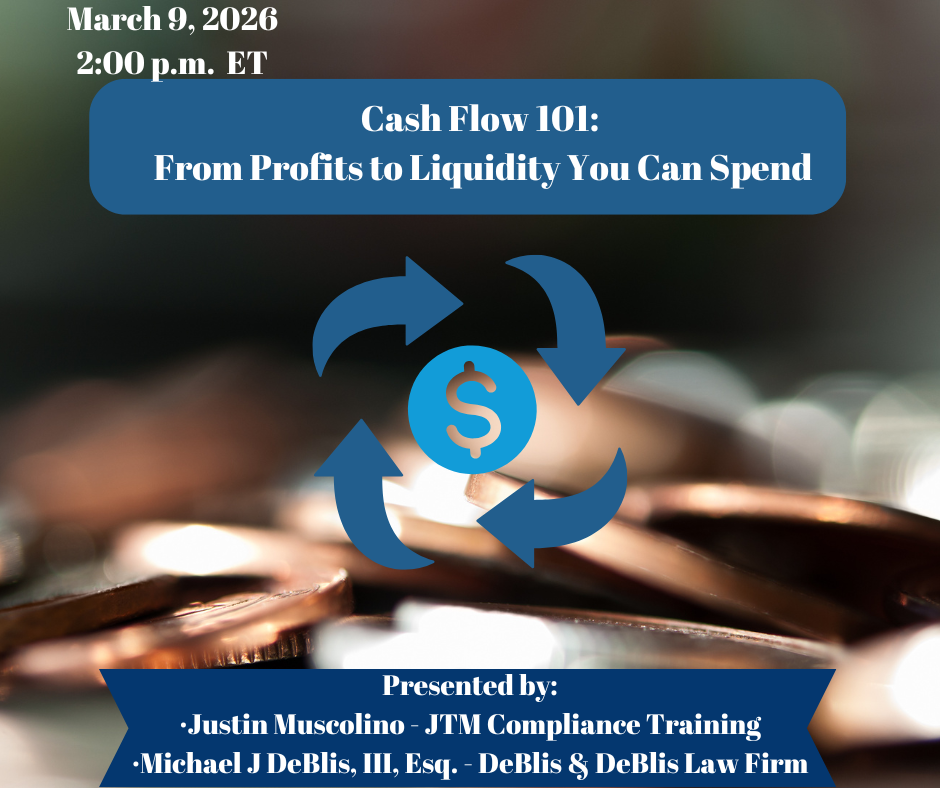
This course clarifies the distinction between profit and cash flow from a legal perspective. Attorne...
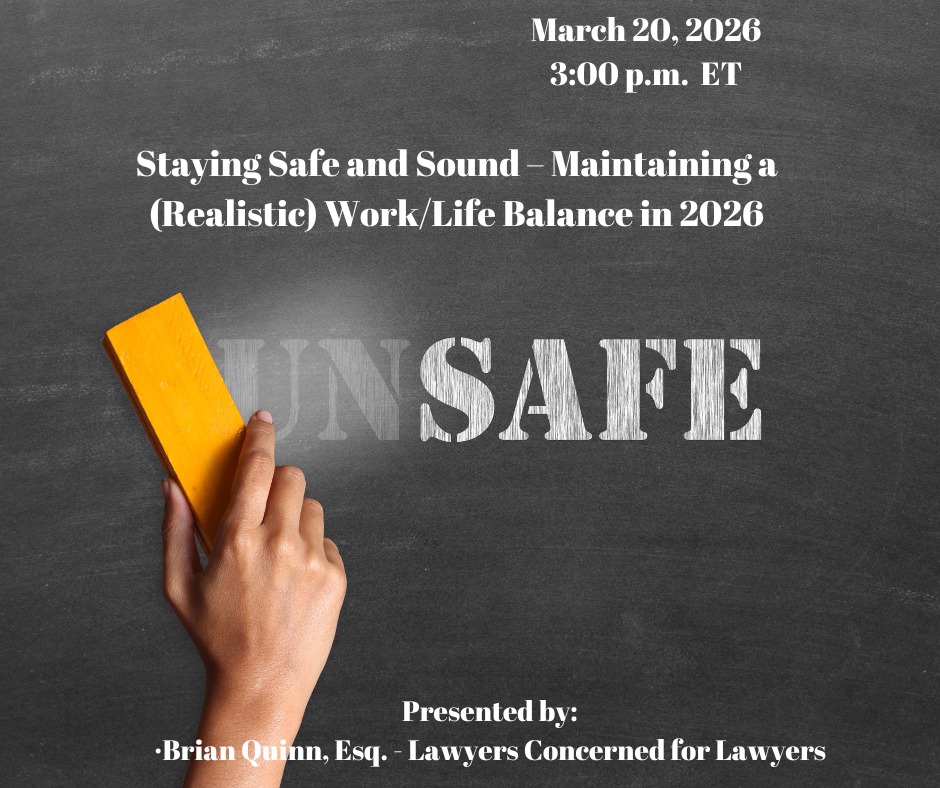
Recent studies have shown that there has been a dramatic increase in impairment due to alcoholism, a...
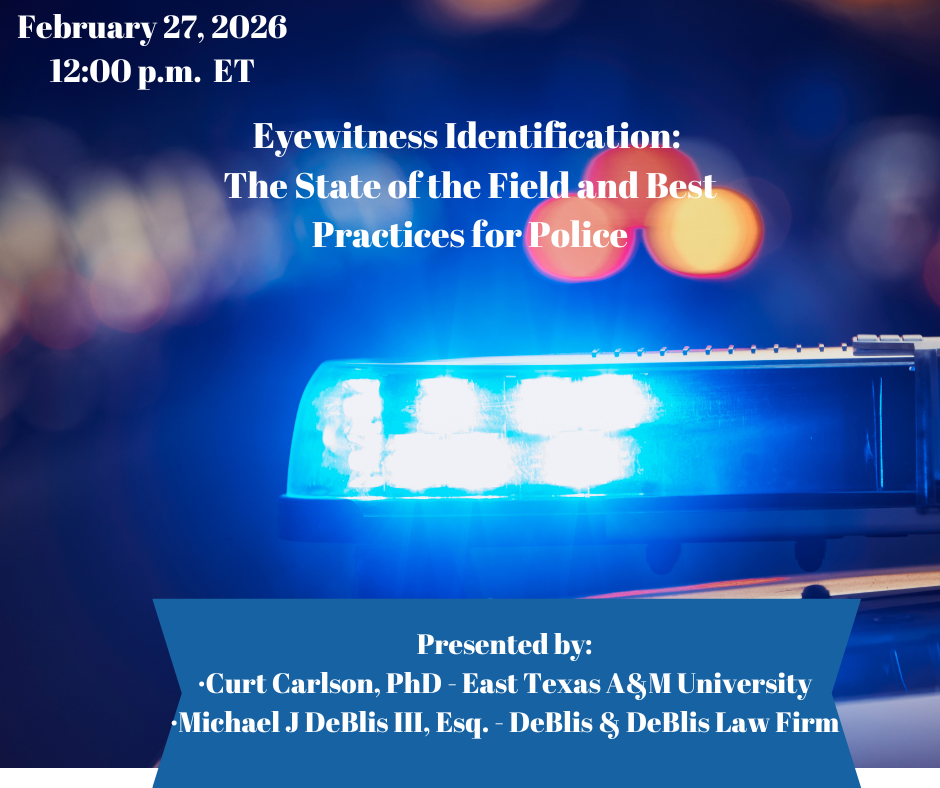
In this course, Dr. Carlson will present a broad overview of what scientific research has discovered...

Large World Models (LWMs)— the next generation of AI systems capable of generating...
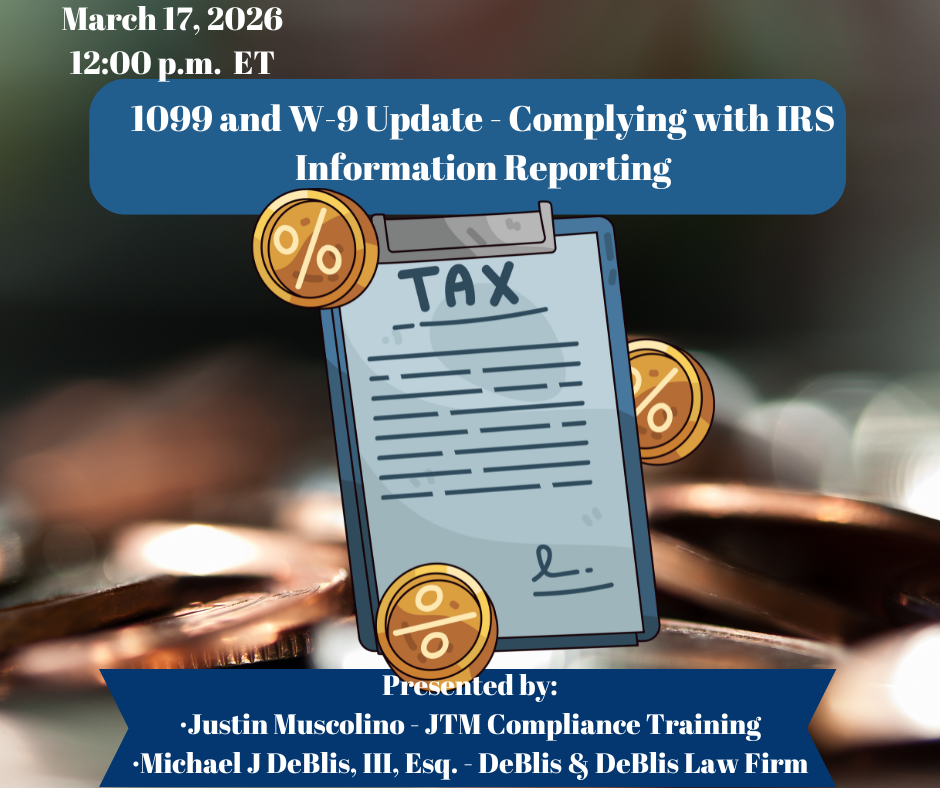
This CLE program covers the most recent changes affecting IRS information reporting, with emphasis o...
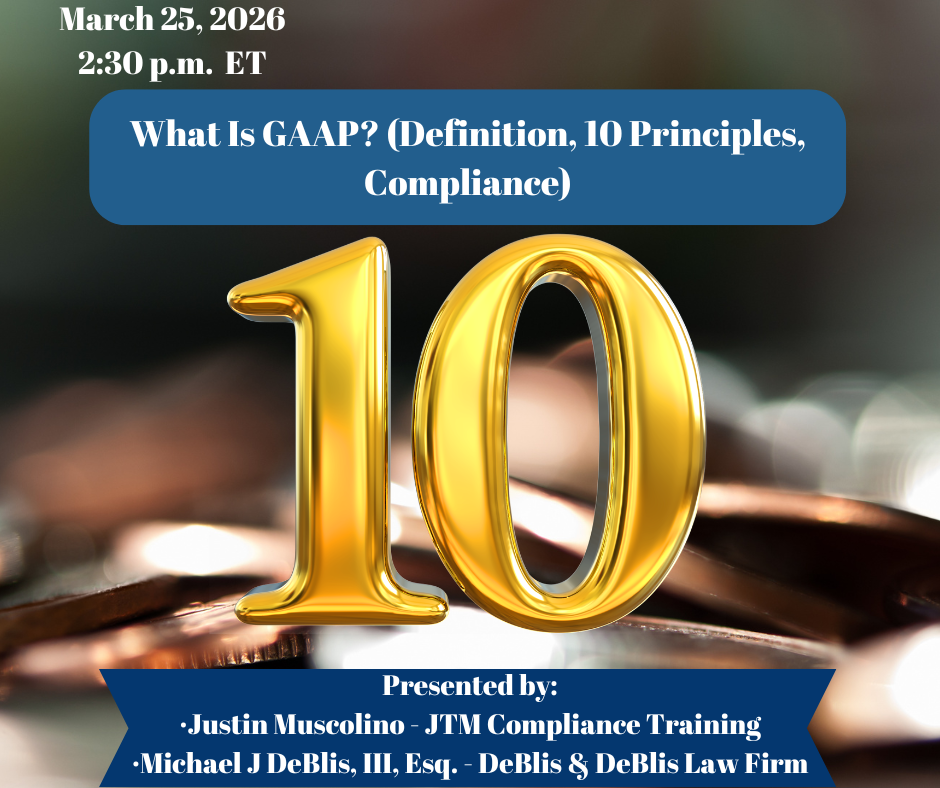
This course breaks down GAAP’s ten foundational principles and explores their compliance impli...

This program will address some of the most common intellectual property (IP) issues that arise in co...
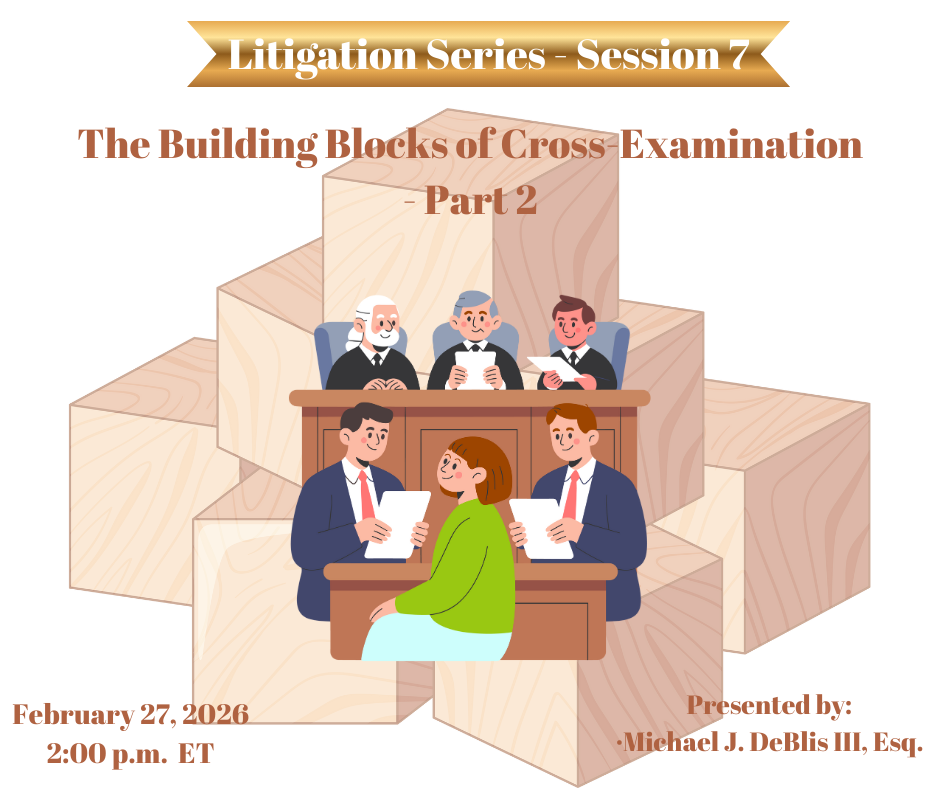
Part 2 dives deeper into advanced cross?examination techniques, teaching attorneys how to maintain c...
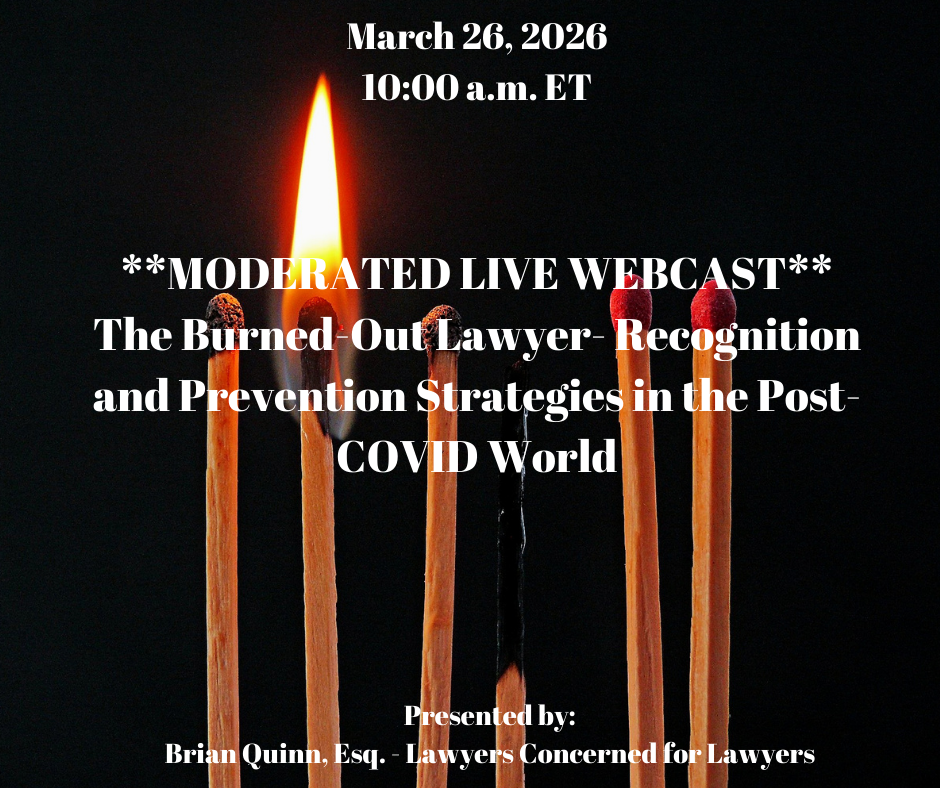
If there is one word we heard during our journey through the pandemic and continue to hear more than...